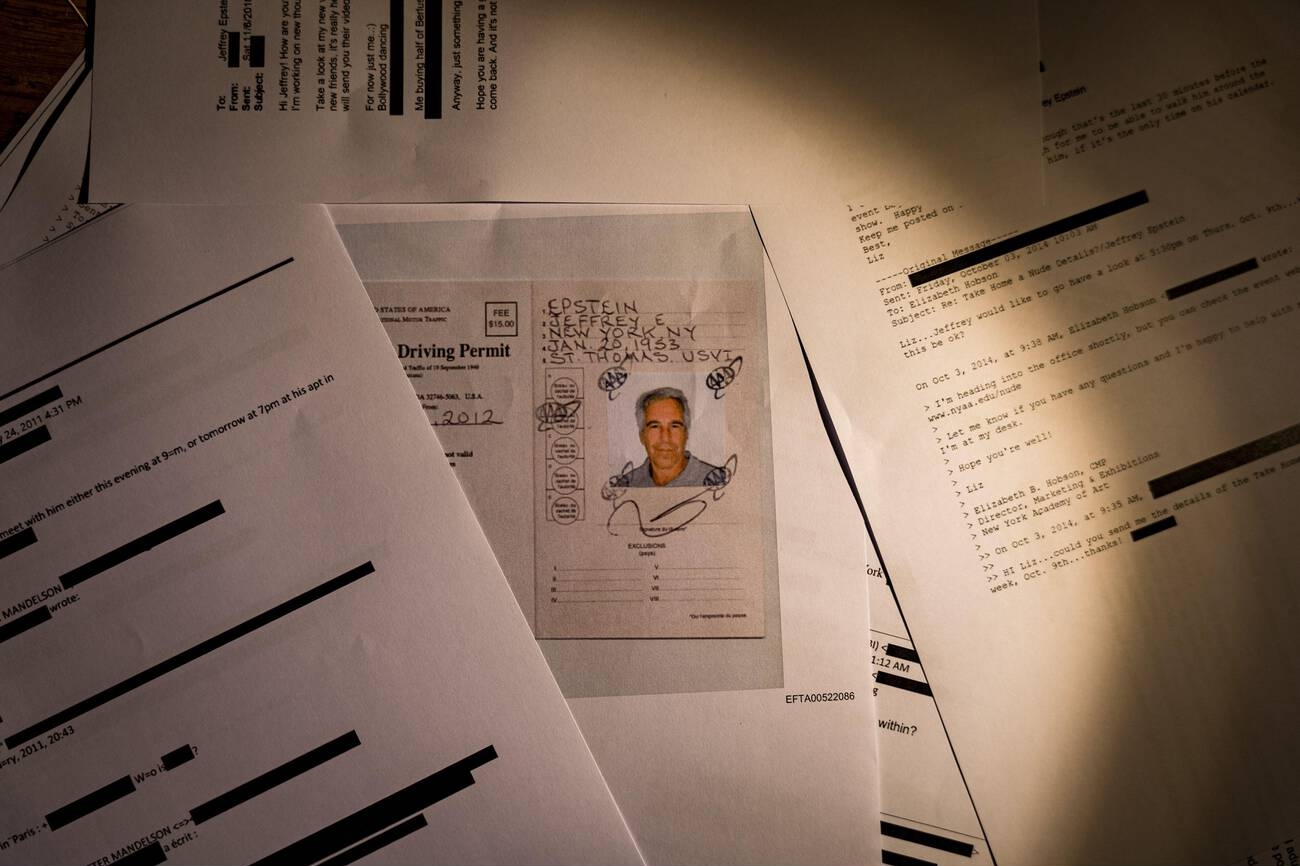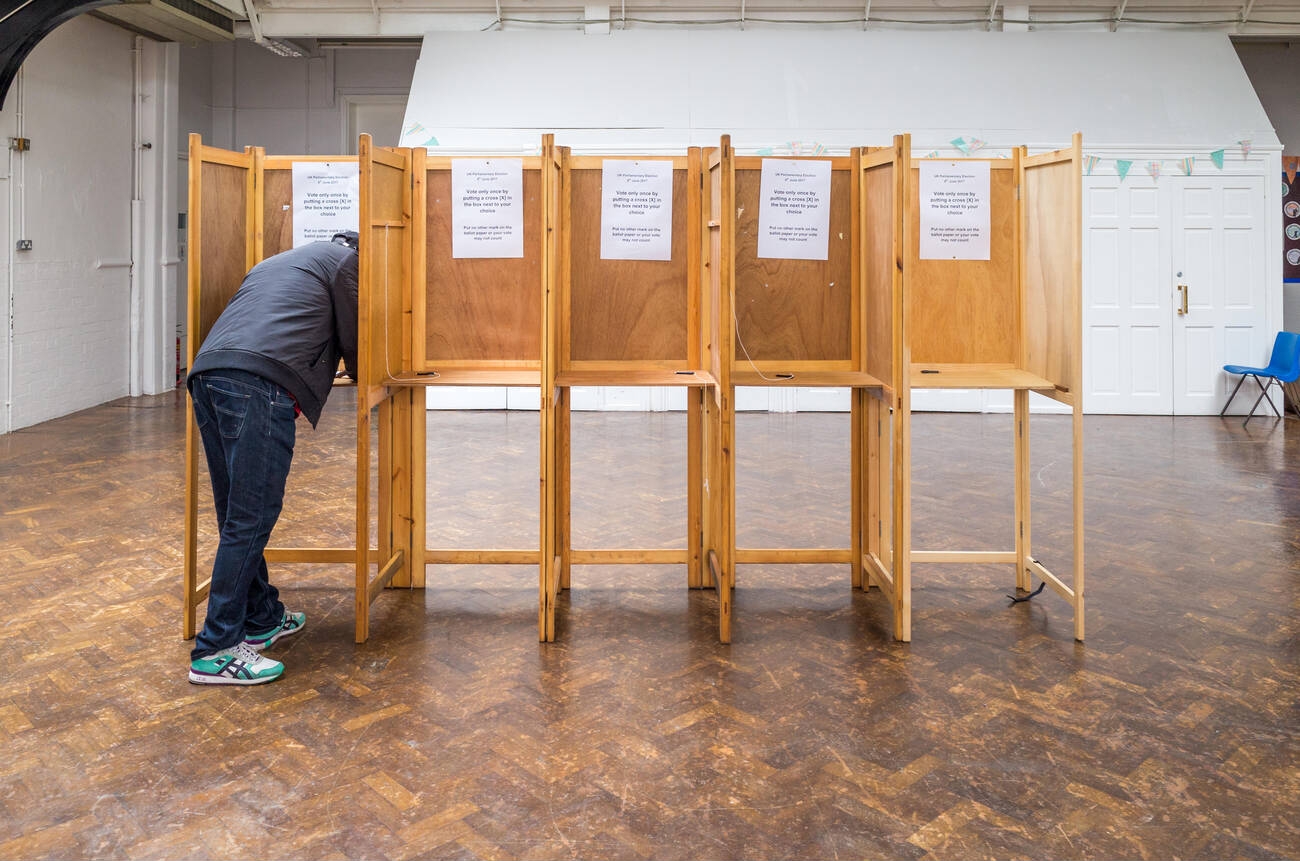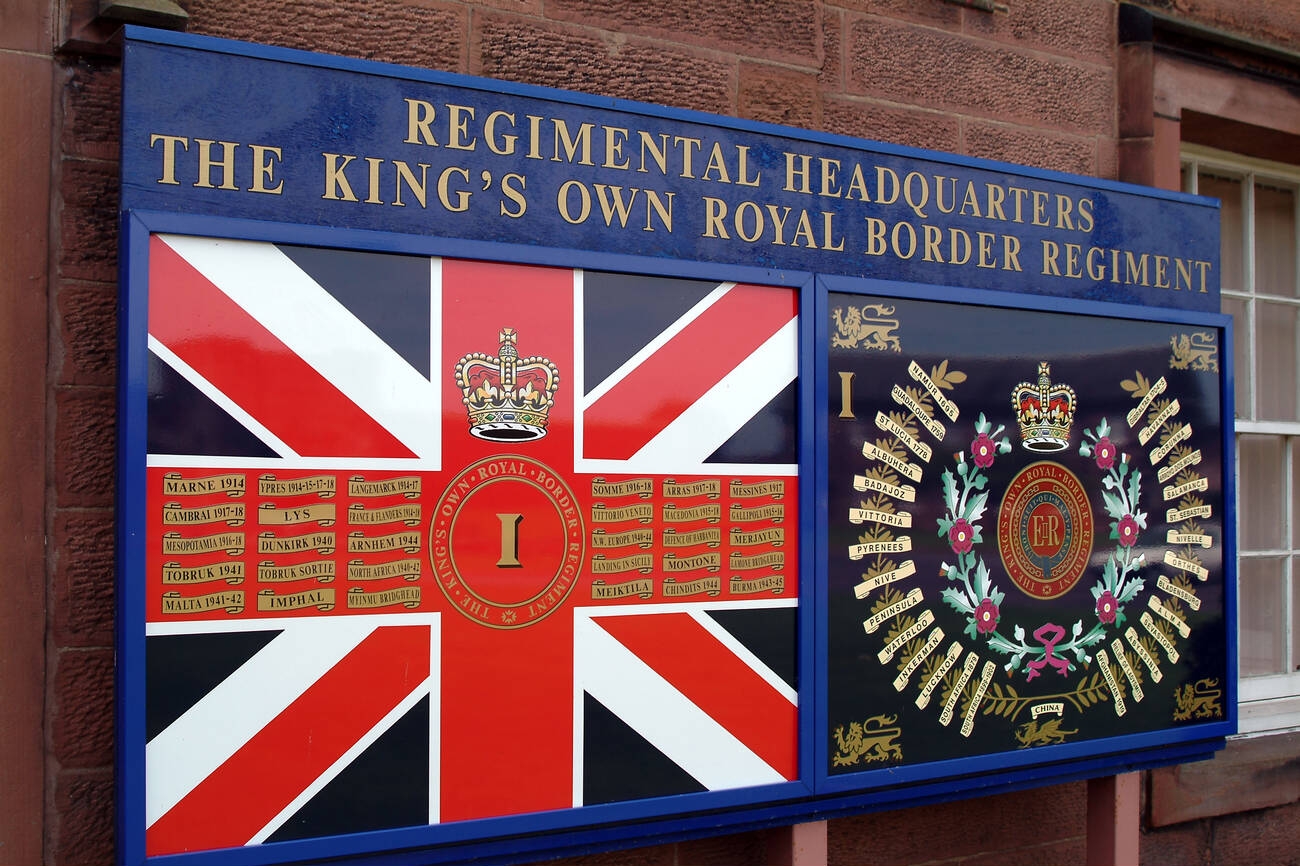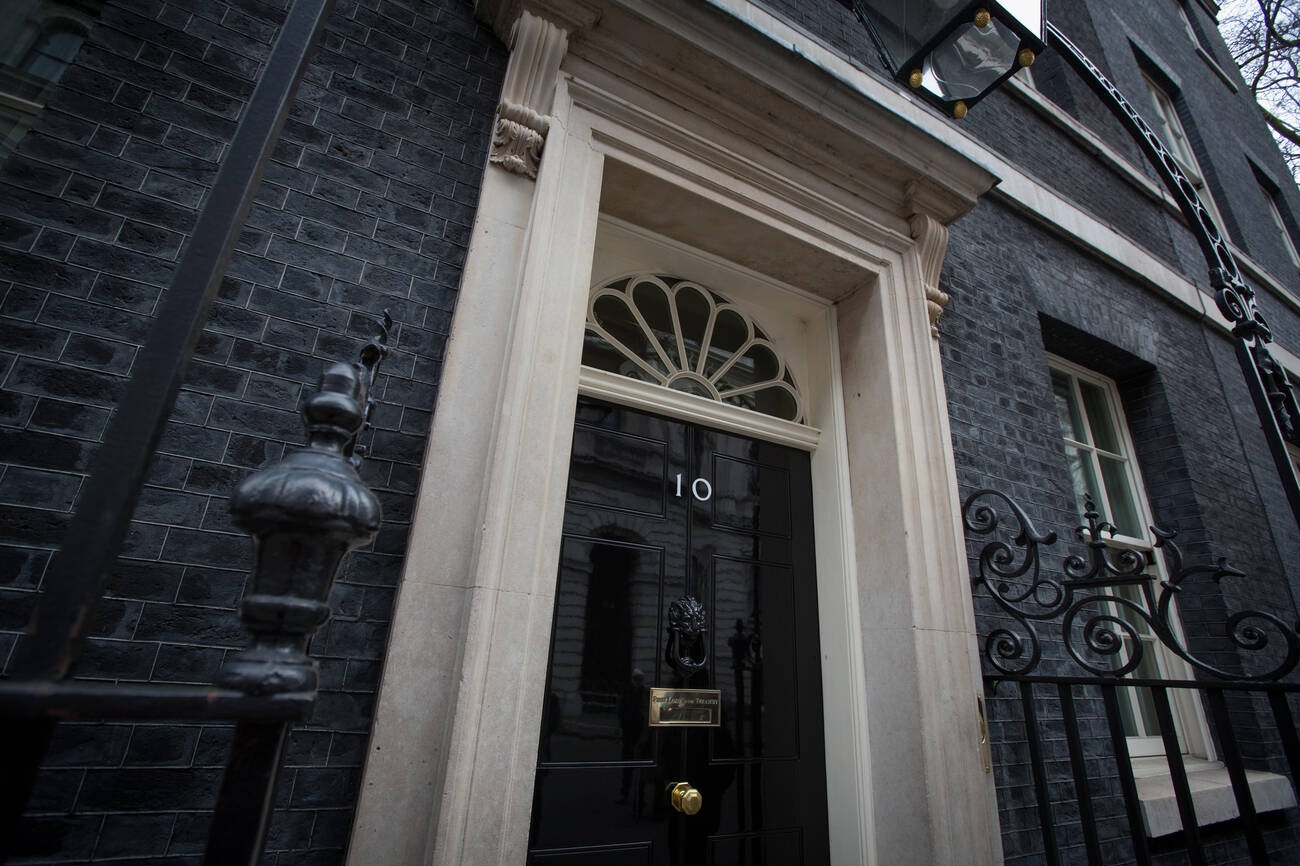UK Parliamentary Inquiry into Gaza: Labour Faces Growing Pressure over Involvement in the War
A total of 37 MPs, including 10 from the Labour Party, have signed a letter urging Prime Minister Keir

A total of 37 MPs, including 10 from the Labour Party, have signed a letter urging Prime Minister Keir Starmer to start a UK Parliamentary Inquiry into Gaza. At the heart of this demand is growing concern over the UK government’s role in the Gaza war—a role that has sparked intense public and political debate. The letter, led by former Labour leader Jeremy Corbyn, calls for a formal, independent investigation to disclose the extent of Britain’s involvement in the conflict. The UK Parliamentary Inquiry into Gaza aims to provide clarity and accountability on decisions made by British authorities during the war. This article will also discuss Corbyn’s specific demands outlined in his letter to Starmer.
The British MPs’ request to Starmer
Several Labour Party members have signed a letter calling for launching a UK Parliamentary Inquiry into Gaza. Former Labour Party leader Jeremy Corbyn wrote the letter. The signatories to the letter to Starmer include 10 current Labour MPs, Scottish National Party (SNP) members, Plaid Cymru, Sinn Fein, and several members of the House of Lords. The signatures for this letter date back to when Israel arrested and expelled two female members of the British Parliament for expressing anti-Israeli sentiments. This action by Israel has angered British MPs.
Corbyn calls for a fact-finding commission on Gaza.
Inspired by the official inquiry into the Iraq war (known as the Chilcot Report), Corbyn seeks to establish a truth commission with statutory powers. Chilcot was the principal investigator into Britain’s role in the Iraq War, whose report exposed many crimes in this case. This fact-finding commission should be able to comprehensively examine the decisions taken by the UK government since the start of the Gaza war. He has warned that “history is repeating itself.” Corbyn recalled the Iraq war experience and warned that without transparency, there was a risk of repeating the same mistakes. He called on the government to hold a similar public inquiry into the Gaza war. The inquiry was identical to the Chilcot report on Iraq, which criticised the then-British government led by Tony Blair. The criticism was that Blair made decisions without cabinet consensus and relied on flawed assessments.
Corbyn’s demands for Starmer’s government
In his letter to Starmer, Corbyn explicitly demanded answers to questions he had left unanswered for months. His questions concerned the continued sale of F-35 fighter jet parts to Israel, the role of British military bases in the war, and the legal status of the genocide charge against Israel. He wrote: “Many people believe that the government has taken decisions that have implicated officials in the gravest breaches of international law. These charges will not go away until there is a comprehensive inquiry with the legal power to establish the truth.” Therefore, the UK Parliamentary Inquiry into Gaza could expose the UK government’s role in the Gaza war.
Internal tensions within the Labour Party
Jeremy Corbyn remains an independent MP in the UK Parliament. He is not currently a member of the Labour Party. The support of several current Labour MPs for the UK parliamentary inquiry into Gaza is telling. This support clearly shows the ideological divisions within the Labour Party. The names of MPs such as Diane Abbott, Zahra Sultana, and Nadia Whittom appear among the signatories. These figures are from the left wing of the Labour Party. They have previously criticised the pro-Israel positions of the current Labour leadership. The divisions first came to light after Starmer made comments in an interview with LBC radio in which he implicitly supported cutting off water and electricity to Gaza. Although he later claimed he meant to defend Israel’s right to protect itself, Starmer’s comments sparked widespread anger among Labour Party members, human rights groups and the public.
Expulsion of two British MPs from Israel
The UK Parliamentary Inquiry into Gaza has been raised in a situation where the expulsion of two British MPs from Israel has increased pressure on diplomatic relations between the two sides. Israel recently expelled two Labour MPs, Abtisam Mohamed and Yuan Yang. They had travelled to Israel to visit humanitarian projects. They were first denied entry to Israel and then deported. Tel Aviv authorities have claimed that the two MPs were seeking to incite against Israel. This action also provoked a public protest from the British Foreign Secretary, David Lammy. In response to this action, he said: “It is unacceptable, counterproductive, and deeply concerning that two British MPs on a parliamentary delegation to Israel have been detained and refused entry by the Israeli authorities.”
Other parties support the investigation into the British role in the Gaza war.
Several parties have supported Corbyn’s letter on the UK parliamentary inquiry into Gaza. Members of the Scottish National Party, the left-wing Plaid Cymru party, Sinn Fein, and several Lords of the House of Lords have supported Corbyn’s letter. Such widespread support has paved the way for the issue to be raised as a legislative initiative in parliament. However, it is scarce in the history of the British Parliament for such proposals to be passed without government support. However, this move could further political pressure on the current government.
Starmer’s government is under increasing pressure over the UK Parliamentary Inquiry into Gaza.
Overall, London’s position on the Gaza war has faced increasing opposition both inside and outside parliament. The proposal to call for a formal inquiry into Britain’s role in the Gaza war has a political message. It reflects the growing opposition to Starmer. However, it is unlikely that the government will agree to such an investigation. The UK Parliamentary Inquiry into Gaza could negatively impact the Labour Party’s political credibility. On the other hand, the growing support of parliamentarians, regional parties, and the public is critical. This support will make it harder for the government to face fundamental questions about its legal and moral responsibilities.
The UK parliamentary inquiry into Gaza: Assessing political commitment
Britain often waits until the damage is irreversible before it acts. Whether in foreign policy or domestic affairs, the government has historically neglected early warnings and marginalised contrary voices. Just as it took years of declining poverty for the housing crisis to gain mainstream attention, calls for commitment in foreign interventions, like those related to Gaza, are often met with silence until political pressure becomes inevitable. The UK parliamentary inquiry into Gaza is not just about war; it is a test of whether Britain is ready to break its cycle of delayed justice. Perhaps, as with other crises, it will take broader public awakening—and more collective pain—before meaningful change is accepted. But by then, the moral cost may be far greater.









